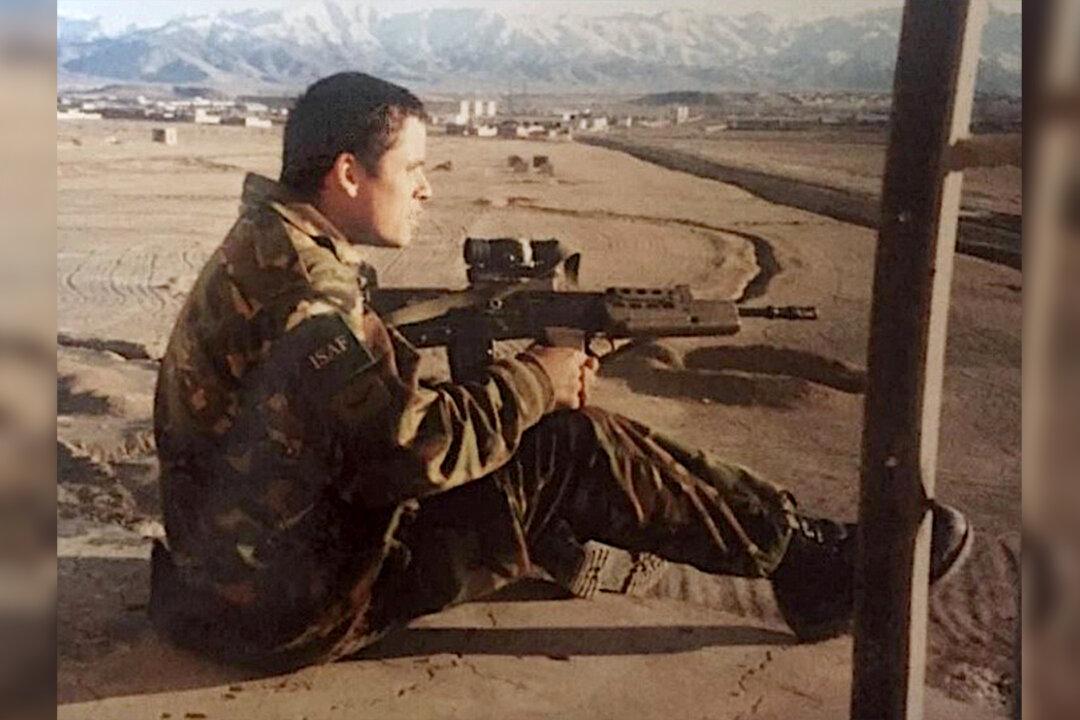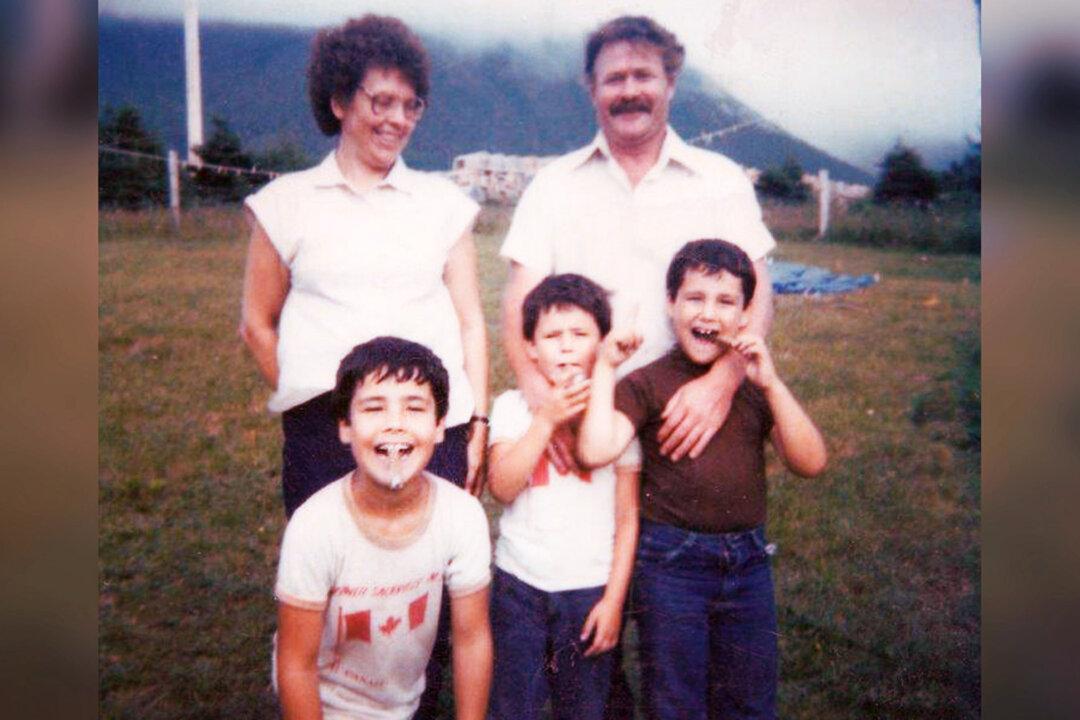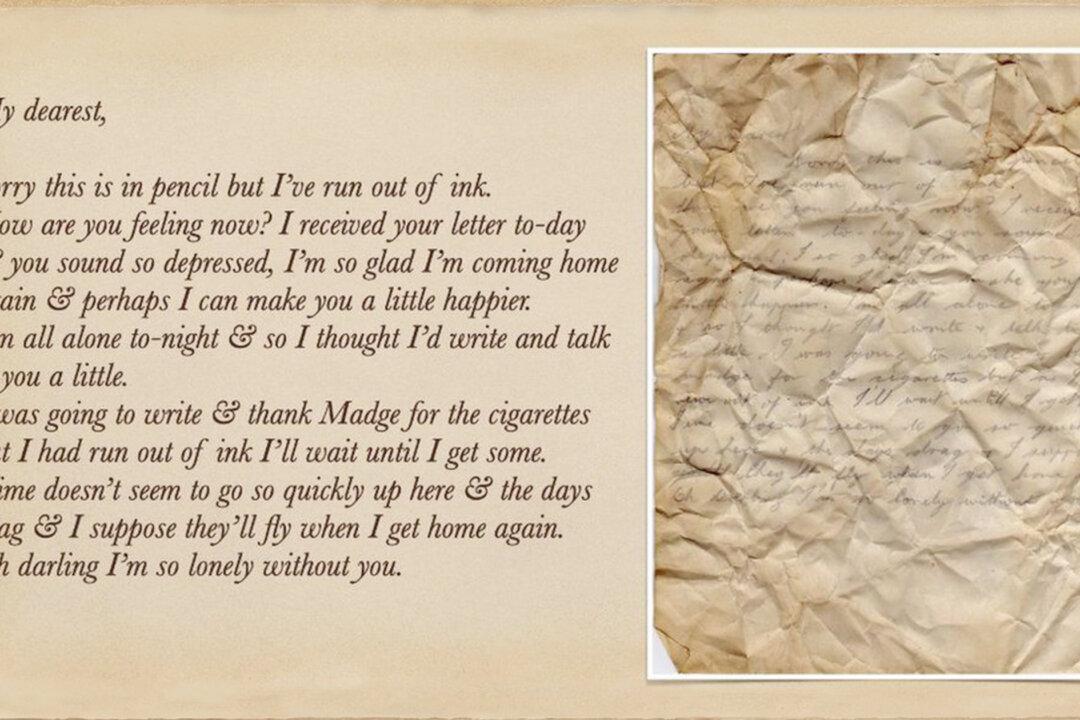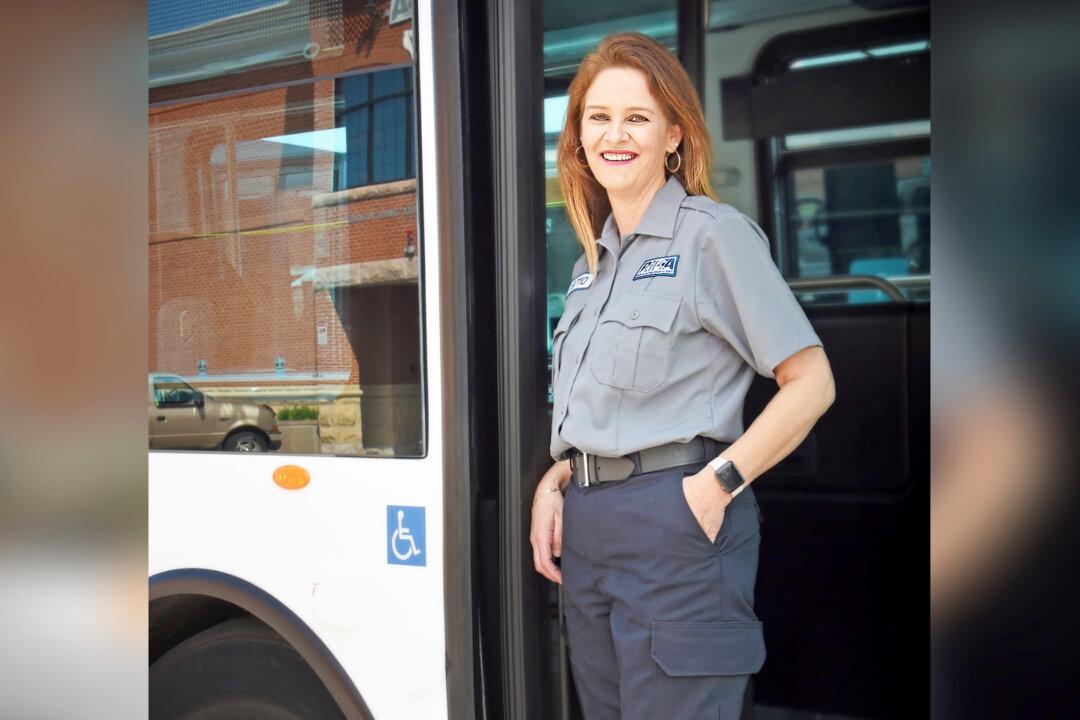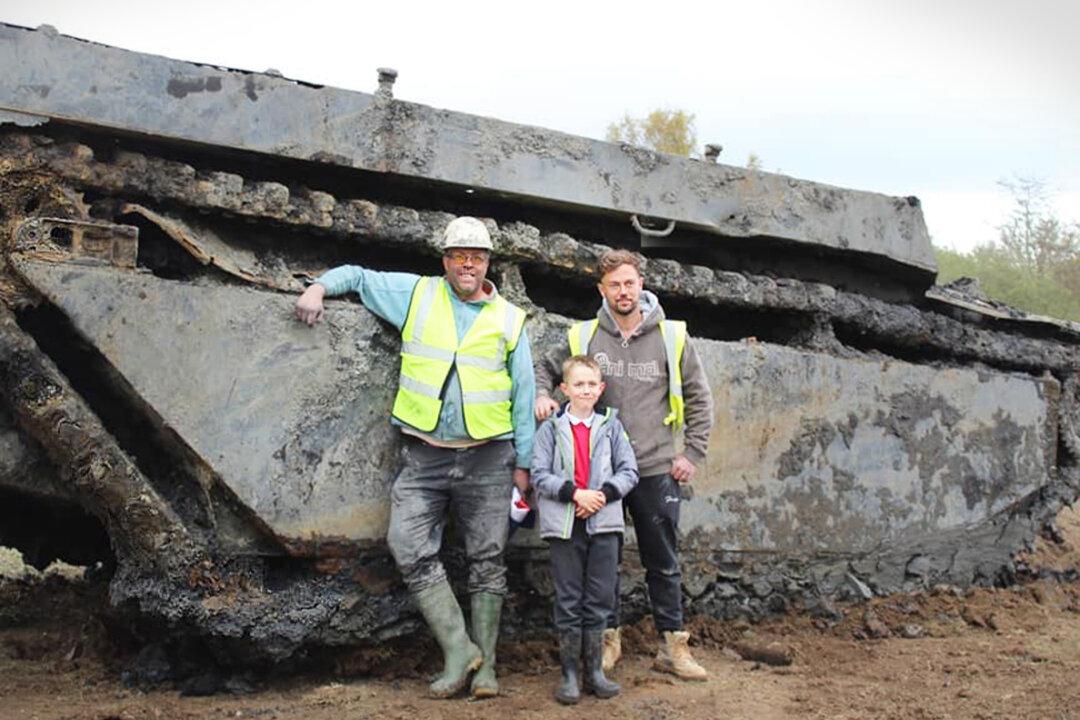A former soldier has turned his life around after getting mixed up in kidnapping for a gang and serving an 11-year prison term. Now, he’s helping other veterans stay off the streets, hoping to keep people from making the same mistakes he made.
“I was in a bad way,” Darren Wright told The Manchester Evening News. “I didn’t want to live. I just didn’t care about life.”

